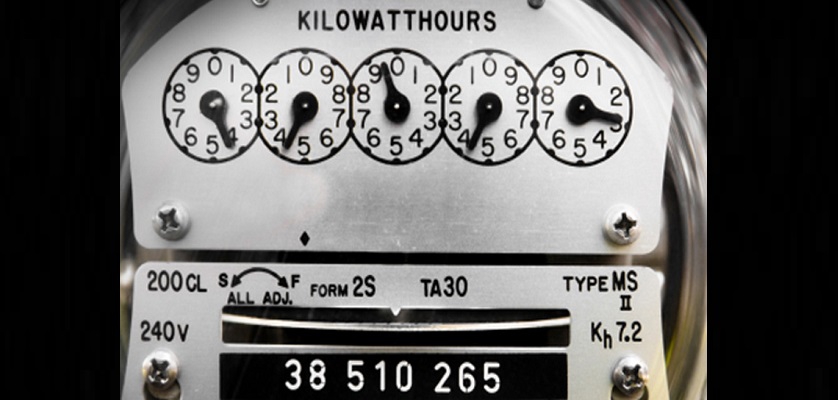Green Browsing

The Internet industry today releases more than 600 million tons of greenhouse gases every year. A figure that is equivalent to that of the airline industries, or FORTY nuclear plants.
Chances are that you’re currently listening to EnglishWaves either on your laptop or iPad with Wi-Fi Internet, Bluetooth earphones and your 3G Smartphone in your pocket. You’re part of the 3.5 billion Internet users. You have an email address or two or even three, and social media accounts with Twitter, Skype, Facebook, etc. If you’re listening to this program you're probably conscious about some of the environmental aspects of your behaviour in general. Maybe you buy organic food to avoid pesticides, recycle to reduce waste, make sure you turn off lights so as not to waste energy. But what do you do to limit your Internet ecological footprint? Most of us are totally ignorant about that. We send emails as if they were text messages, we Google search all day long, we store large amounts of data online... because once you have the hardware and the connection it’s so easy and quick. We have cordless unlimited browsing and communication power.
Because of this instantaneous fluidity, we are not familiar with the reality of what happens behind our quick Google searches, emails and tweets, and what is needed to make them happen. In fact, the enormous physical infrastructures, networks and flows needed to support Internet have a considerable ecological impact.
For example, when you send an email, it is first channelled through the 1 million kilometres long transcontinental cable network to reach a data centre. Those data centres are buildings that house thousands of servers that are used to handle and store your email’s data along with the other 293 billion emails sent each day. Those data centres consume huge amounts of electricity and water mainly to keep the servers on all the time and to prevent the place from overheating. Your email then continues its way through the cable network to reach your destination’s server where it is usually stored for a very long time amongst the other dozen emails we send and receive each day.
The Internet industry today releases more than 600 million tons of greenhouse gases every year. Half of it comes from the infrastructure and half from usage. This represents between 2 and 10% of global emissions depending on calculation methods. A figure that is equivalent to that of the airline industries, or FORTY nuclear plants.
The good news is that there are simple things you can do to significantly reduce your Internet ecological impact and at the same time reduce your electricity bill. Here are a few:
First of all TURN OFF your Internet box when you leave the house or at night, as well as your phone for that matter. Your box uses up at least 5 times more electricity than your computer! While you sleep it continues to communicate with external networks. You don’t need that. This simple action has the added benefit of reducing your exposure to electromagnetic waves. And takes about 5 seconds.
Sending data online is a useful thing but storing it is quite useless. So a second easy habit to get into is to stop storing useless stuff online. Get a hard drive or USB key to store your important documents, emails, pictures, etc. and delete them from your mailboxes or online storage. The Internet cloud isn’t some light virtual space: it’s real hardware. Storing stuff online causes a significant amount of data to be exchanged between your device and the hard drive behind the cloud. Those exchanges can also be intercepted. This simple action has the added benefit of controlling and securing your data. It’s in your hands, not in some centre on the other side of the globe.
One last easy tip before I overfeed you: instead of Googling every morning “weather in Lyon” or “traffic in Paris” have a bookmark of your favourite websites. It’s done once and for all and stops wasting your time and the planet’s energy by asking servers the very same question every day.
You can find lots of additional advice, the website www.backbn.fr is a reliable French website. You can look up other ones and once you find one you like, bookmark it and write it down to physically give it to friends instead of emailing it!








COMMENTS